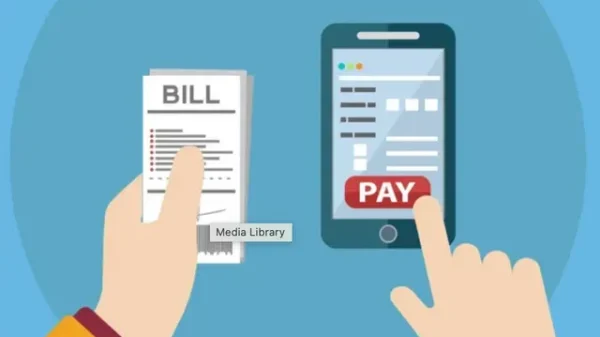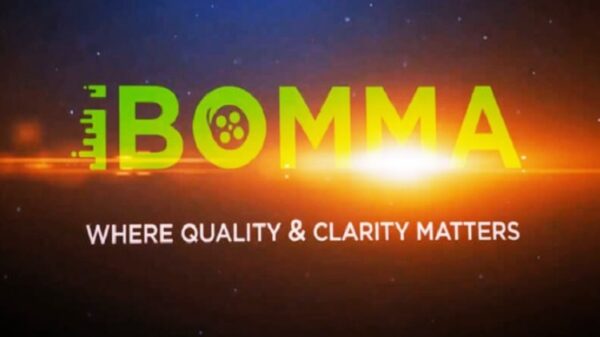Beware of scams that pose as the Credit National Assist Company! These scammers often ask you to give them your personal information in exchange for discounts or loan modifications. Beware! The company does not offer any financial aid! This article will reveal how to avoid being a victim of these scams. Also, be wary of fake sites that offer financial assistance to people who cannot afford it. If you want to receive pre-approved financial aid, read this article first!
Also Read: Having Trouble Pairing Your Spotify With Other Devices, Here Is The Help
Scammers pretend to be from Credit National Assist
Scammers pretend to be from Credit National Assistance are taking advantage of the rising cost of living, which can easily pile up debt. These fraudulent phone calls are a popular way to scam consumers, particularly seniors and people with financial issues. Scammers are using a variety of techniques to get the personal information of unsuspecting consumers. They often pose as bank officials, or other legitimate entities, to obtain sensitive information about their users.
The Credit National Assist Scam is a common phone scam that has sparked a lot of online outrage. The scammers use spoof phone numbers to trick people into giving out personal information to receive fraudulent financial aid. Even if the caller is claiming to be an employee of the renowned Credit National Assist Company, it is illegal to ask for upfront payments from consumers to get financial help.
Luckily, the federal government has stepped in to help victims of this scam. The Federal Trade Commission has issued a warning that a fraudulent company has approached American citizens and asked for their credit card or bank account information. They have a detailed report on this fraudulent activity and suggest ways to protect yourself from future scammers. However, there is no reason to panic and let this scam affect you. Take the appropriate steps to safeguard yourself from falling victim to this scam.
While it is not impossible to identify a scammer posing as a legitimate financial institution, they often pose as a trusted source, such as a government agency or your love interest. In addition to posing as a legitimate agency, these scammers may also use fake phone numbers or fake caller ID to lure people into parting with their money. These fraudulent scammers could even ruin your credit history, so it’s best to stay away from them.
A common scam involving scammers claiming to be from the government and offering free services is an urgent call to get your information. The caller will leave a voicemail asking you to call back to confirm your account information. This call will contain a call-back number with an 809 area code. While this number looks like a local three-digit area code, it’s actually an international number. When you call back to confirm that you’re talking to an actual organization, you’ll pay international rates. The scammers try to keep you on the line as long as possible, so be prepared for scam calls.
They offer loan modification
Before looking into loan modification, homeowners should contact their lenders. They can inform them of government initiatives to help homeowners save their homes. Foreclosure can be a devastating event, so desperate homeowners may seek out offers that promise to help. Credit National Assist offers free counseling and information on loan modifications. But it is important to avoid scams. Here are some common scams:
Rate-reduction modifications often use a step-up approach, which increases the monthly payment amount after the interest rate is lowered. Rate-reduction modifications, on the other hand, use a “step-up” approach, in which the interest rate and payment amount increase at a certain rate every five years. If the lender approves your application, it may help you to rebuild your credit. But be aware that loan modifications can affect your credit score, so be sure to check with a credit counselor before signing any documents.
One way to get your mortgage modified is by opting for temporary forbearance. This plan allows you to miss a few payments while you’re struggling financially. The missed payments are then recapitalized into the loan balance, increasing your total repayment term to 480 months. The best way to make sure your monthly payments stay within your budget is to contact a credit counselor who specializes in loan modification. Credit National Assist can help you get the mortgage loan you need to remain afloat and continue to improve your financial situation.
If you have a conventional mortgage, you may qualify for a loan modification through USDA COVID-19. This program helps borrowers with low-income mortgage payments reduce their monthly payment by up to 20%, extend the loan term, and provide funds to cover past-due payments. Depending on your situation, your lender may extend your COVID-19 forbearance a few more months. You must meet certain requirements to qualify for an FHA loan modification.
They ask for personal information
When people receive unsolicited calls from a company posing as the Credit National Assist Company, they may be tempted to provide their personal information. But in most cases, they do not receive any financial assistance or acknowledgement. Unfortunately, many older people have been the targets of this scam. Despite receiving several calls a day, these people never receive any help and do not get the financial assistance they need.
The problem with Credit National Assist is that it has no online presence. Many people have complained about spoofing phone numbers from the company. It is crucial to be aware of these scammers. Any company that claims to be a debt relief service should have a website and a phone number that is authentic. The National Legal Center, a nonprofit organization with decades of experience helping consumers, recommends that consumers do not give personal information to this company.
The Credit National Assist Scam targets many people in the United States. The scammers use innovative and increasingly sophisticated methods to fool unsuspecting victims. In the most recent instance, victims of this scam have been targeted with a false promise of financial assistance. Fraudulent phone calls are another common method used by scammers. The scammers have access to victims’ personal information and are ready to steal it for their own gain.
Avoid giving your personal information to any company that calls claiming to help you improve your credit score. The company should be able to provide you with a guarantee of financial security, and if the company does not do so, it’s a scam. However, if you’re unsure whether the company is genuine or not, it’s worth contacting the Federal Trade Commission. The FTC investigates deceptive practices.




































